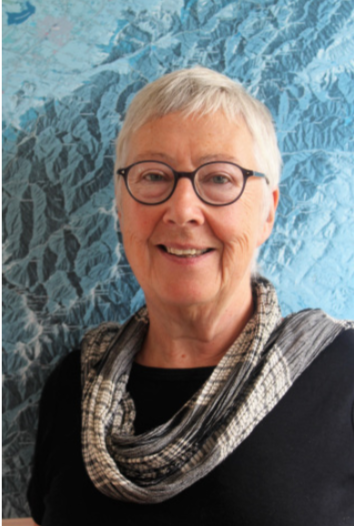We are delighted to host a guest post by Eirlys Hunter, author of The Mapmaker’s Race.
In this blog post, Eirlys discusses how the origins for the story of The Mapmaker’s Race span all the way back to early childhood interests.
The idea for The Mapmakers’ Race came from two of my childhood obsessions. From as early as I can remember I was obsessed with maps, and the likelihood that one day I would be able to fly. Of course, these were linked; the maps I pored over were showing me what I would see when I got airborne. I wasn’t planning to get a pilot’s license, I was going to have my own wings. Or, better still, because wings would probably get in the way of everyday life on the ground, I would slip through to another reality where I’d be able to will myself into the air.
I still love maps, and still dream, sometimes, of flying. When I was thinking about my next book I decided to combine the two. What could be more useful to a family of mapmakers than someone in the team who could see the landscape from above? The Mapmakers’ Race is an adventure story because that was what I loved when I was young (exciting, but not too scary), in which the Santander family have to map a route across the mountains to win money. I made their mission a race because races put characters under pressure, and pressure makes for more exciting reading. The other essential ingredient for an adventure is danger. The perilous mountain wilderness that the Santanders have to navigate has all sorts of inherent danger, but their competitors are stop-at-nothing dangerous too. Menacing, powerful, but also a bit ridiculous, Wacky Races-style.
There were two other characteristics of the books I loved when I was young. One was that they all featured competent protagonists, that is, ordinary children who could do real things as well as, or better than, adults. They could sail boats, ride horses, put on a play or solve a mystery. The Santander children have excellent exploring and mapmaking skills, but they’re not good at everything (none of them can cook). The other characteristic of these competent children of fiction is that they always had agency. They were able to make decisions for themselves. They were allowed to sail, or gallop, or hike away from parental oversight; they were allowed to take risks, and to take responsibility for themselves and each other. They always made mistakes, but that’s an important part of growing. So I was mean, and I got rid of the Santander children’s mother in chapter one, and made them go across the mountains on their own.
Nowadays, there’s no getting away from parental oversight for many children. SUVs deliver them to school, and after-school hours are programmed and monitored. At least fiction allows children to practise competence and autonomy in their imaginations, to practise messing about, exploring, taking risks and taking responsibility that real life doesn’t allow them.
THE MAPMAKERS’ RACE by Eirlys Hunter out now in paperback (£6.99, Gecko Press)
Find out more at geckopress.com or on twitter: @geckopress
——————
Many thanks to Eirlys for sharing this guest blog post with us.
If you are interested in writing a guest blog post please get in touch here or click here to find out more.
The Mapmaker’s Race is available to order online or from your local bookshop or library.









